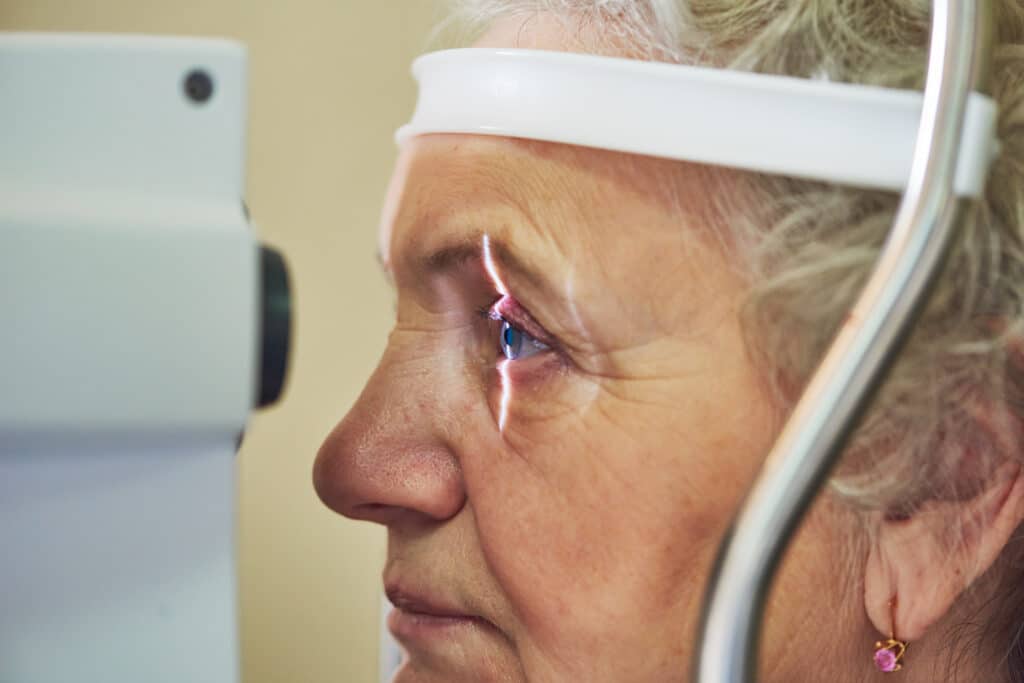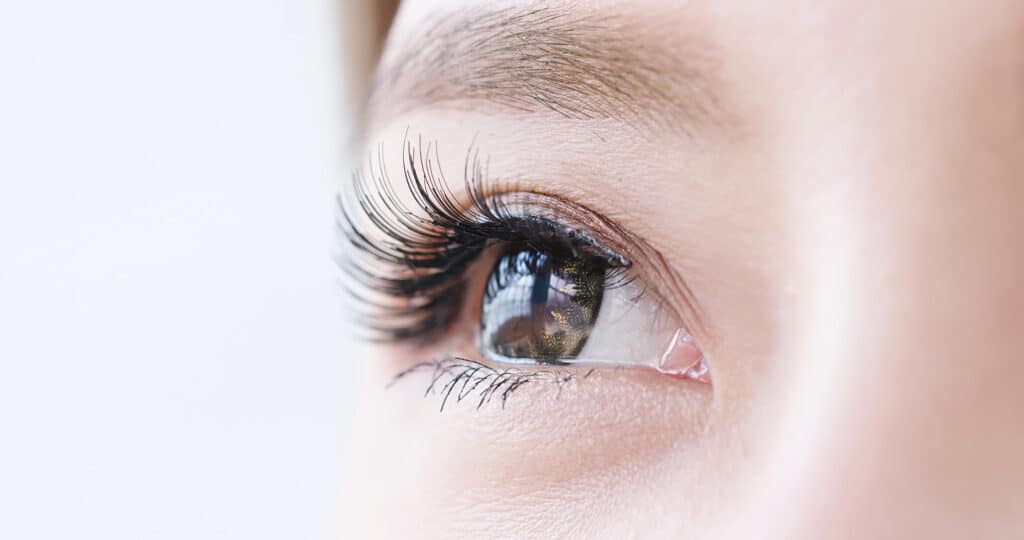Do Eye Allergies Go Away?
August 15, 2023
Allergies are a frustrating condition that affects millions of people. You can be allergic to a wide range of irritants and respond in different ways. Eye allergies usually occur in response to irritants in your eyes but can also be a reaction to a food or other trigger. Since eye allergies have so many causes, each person’s treatment plan is unique and may combine several techniques.
What are Eye Allergies?
Your immune system normally responds to invaders like bacteria that come into contact with with the eyes. However, the same immune cells can overreact to harmless things like pollen, pet dander, or even your contact lenses, releasing histamine that causes burning, itching, and sensitivity to light. Some eye allergies occur with nasal allergies. They may be seasonal or last all year, depending on the source of the irritant.

Do Eye Allergies Go Away?
Each person’s immune system is different. Some people may experience a change in their immune response and stop having allergy symptoms. The most effective way to get your eye allergies to go away is to avoid the irritants that cause them. While this is not always possible, even limiting your exposure can improve symptoms.
Once your immune system becomes sensitized to a harmless irritant, it will usually overreact to that substance for much of your life. Allergies can develop and change at any age in unpredictable ways, so it is difficult to predict whether yours might go away in the future. Your Heart of Texas Eye Care team has extensive experience treating eye allergies.
The Path to Clearer Vision Starts Here
How are Eye Allergies Treated?
Your eye allergies may respond to one or more of these treatments. Your treatment plan will start with the lowest-risk options and add other treatments as needed until you achieve relief.
Artificial Tears
Artificial tears are unmedicated and have little to no risk of side effects. They keep your eyes lubricated and help keep the surface of the eye clear of possible allergy triggers.
Decongestants
Some people benefit from decongestant eye drops, which may contain an antihistamine. These are only intended to be used for a few days at a time, or they could worsen your symptoms.
Medicated Eye Drops
You have several options for medications that come in eye drop form. These include corticosteroid drops that reduce eye inflammation and mast cell stabilizers that help control immune overreactions.
Oral Medications
Many people who have nasal and eye allergies take oral antihistamines as a solution. These may be effective for you. However, others may find that they make eye allergy symptoms worse.
How Effective is Eye Allergy Treatment?
We will test treatments with you until we find one or more that bring you relief. Most people can achieve good allergy control, although the best long-term solution is the avoidance of the allergy trigger. Medications and exposure management together can give most people excellent symptom relief.
Take the Next Step
If you’d like to learn more about eye allergies, schedule a consultation with our Heart of Texas Eye Care team, serving Dripping Springs, Austin, Kyle, Bee Cave, Marble Falls, and other surrounding areas. Contact us at (512) 213-2220 today!
*Individual results may vary


